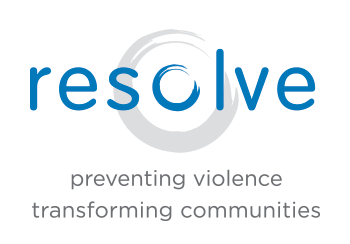Just as we don’t want to live in fear, looking over our shoulder constantly, most of us don’t want to live a life of anger.
For years, I hung onto my anger as if it could protect me. I felt angry at people who might hurt me or others. It seemed natural that I could let that anger fuel the strikes I learned at IMPACT. It seemed effective – and it was, for a while.
I recently realized that I don’t really feel angry anymore. I continue to feel every right to defend myself. I see that being angry at would-be-assailants was a good vehicle for learning to care about and value myself again. But I realized that defending myself with my words or physical strikes can happen still without carrying around anger.
Whether fear or anger, emotions often happen reflexively as an attempt at self-protection. People often believe that by reading about the rape in the news, or telling a friend about the horrible story they heard, that they can prevent violence in their own lives. This may be true.
People also believe that by being outraged at events on the evening news or by that “rude, inconsiderate” person, that they can keep violence at bay. This strategy may also work. Yet while strategies like these may help us avoid bad situations or “bad people,” they may also keep us from good experiences.
When we keep fear with us, we often do not notice – and keep ourselves from the opportunities to notice – that we are powerful. We may not realize or discover that we are capable of effectively handling difficult situations. And when we keep anger with us, we too often miss out on the joy that can come from people getting close. We miss out on the opportunity to notice the real healing we’ve done and the innate tenderness and compassion we have for other human beings or someone special.
We sometimes need to let go of these emotions in order to live the lives we were born to live – and deserve to live. Fear and anger will, ultimately, only hold us back.
